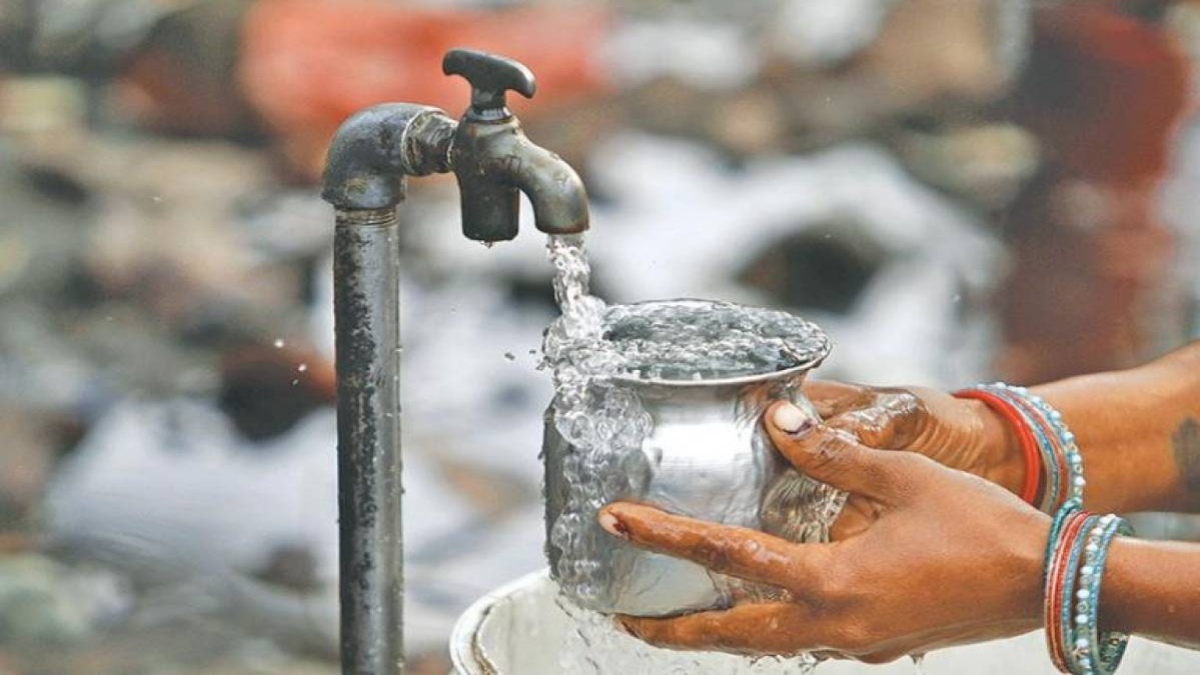


Under the unique initiative of Jal Jeevan Mission, nearly 1,24,988 women from four states—Himachal Pradesh, Punjab, Haryana and Uttar Pradesh—have been trained for Water Quality Management Information System, whereas in country the mark has crossed 800,000.
As per the official data, Haryana’s (32740) women, Punjab’s (37461) women, Himachal Pradesh’s (27102) women had made their mark in the history. These women are trained with Water Quality Management Information System in which they are provided with Water Quality Testing kits/ Field Testing Kits. Jal Jeevan Mission team is in process of giving them a continuous training where they can ensure if the water is drinkable or not.
“There are 2012 active water testing laboratories across the country. Water Quality Surveillance is an investigative activity undertaken with active participation of Gram Panchayat and/ or its sub-committee (VWSC/ Paani Samiti/ User Group) and the local community to regularly test quality of water using Field Test Kits. By this way, the GPs and/ or its sub-committees are expected to perform with the responsibility of a ‘public utility’ at the village level. Even though FTK gives an indicative result, it can ascertain whether a water supplier is fulfilling its obligations. Five persons, preferably women, have to be identified and trained in every village to undertake surveillance activities”, said Yugal Joshi, Director Jal Jeevan Mission.
Adding further Joshi said, “Enlightened citizenry is necessary for assured service delivery. Keeping this in view, at least five women in every village are trained on using Field Test Kits (FTKs) for testing of water quality at village level. Further, drinking water quality testing laboratories in various States/ UTs have been opened to general public so that they can ascertain the quality of their drinking water samples on paying nominal charges. This will help in improving public health and in reducing water-borne diseases, benefiting entire rural population, especially vulnerable groups like women and children.”